10 Most Dangerous Islands In The World: The Perilous Paradises
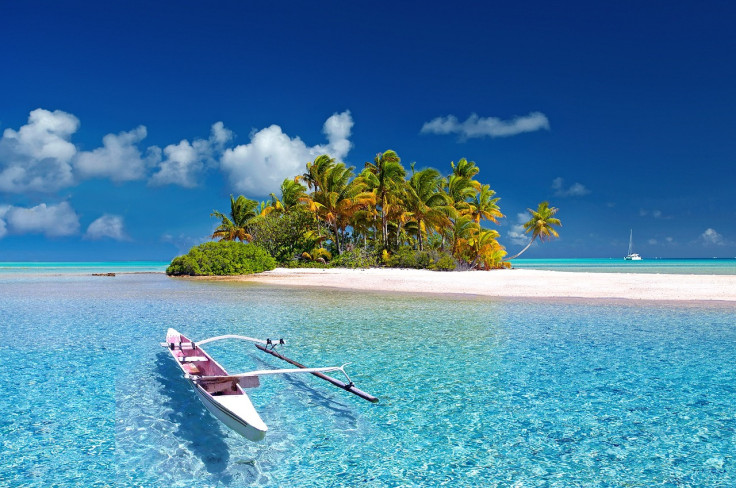
The mention of an island gives us the mental image of palm-fringed beaches and tranquil shores. But beware, not all islands are what they seem. The waves may hide treacherous landscapes, shrouded in mystery and danger. These islands defy the conventional image of paradise, harboring secrets that can turn a dream adventure into a nightmare.
From the eerie rumblings of volcanoes to deadly creatures prowling in the shadows, from poisonous beasts lurking in the darkness to harmful gases filling the air -- all of these hazards can pose life threats to unsuspecting visitors.
Despite the dangers, there's something really exciting about these mysterious islands. It's like they have this invisible force that pulls people toward them, urging them to discover what's hidden. But, be careful!
Here are 10 of the most dangerous islands in the world:
Whakaari, New Zealand
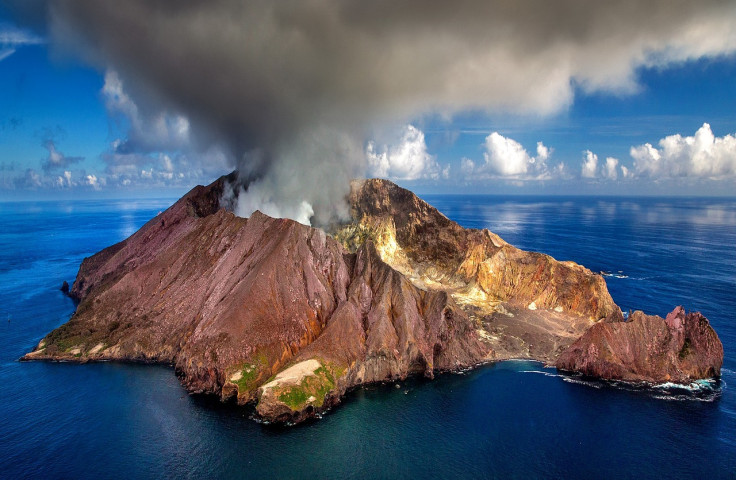
Whakaari, also known as White Island, is an awe-inspiring volcanic island in New Zealand's Bay of Plenty. With rugged cliffs rising over 1,000 feet and occasional wisps of smoke signaling its active nature, it's a sight to behold. Tragically, a devastating eruption in 2019 resulted in numerous casualties, leading to restricted access to the island. While it remains a thrilling destination for boat trips and plane tours, visitors must be mindful of the ongoing volcanic activity. Safely observing from afar in Whakatāne is a wise alternative.
Komodo, Indonesia
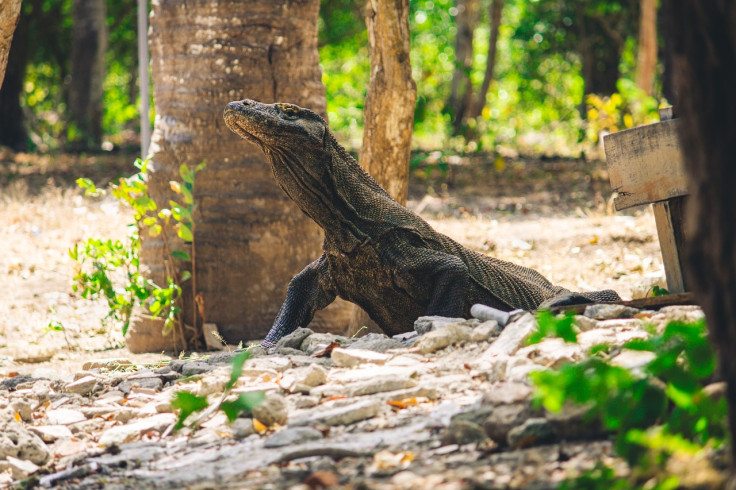
Komodo Island, in Indonesia's Komodo National Park, hosts the formidable Komodo dragons. Guided tours from Labuan Bajo offer glimpses of these giant lizards, known for their aggression. Visitors must adhere to strict safety guidelines during encounters due to the dragons' potential danger.
Gruinard Island, Scotland
Gruinard Island, situated off Scotland's west coast, carries a dark history stemming from World War II. It served as a site for biological warfare experiments, where anthrax was released, rendering it hazardous for nearly half a century. Despite extensive decontamination efforts, lingering wariness surrounds the island. Today, visitors can explore its haunting remnants, yet caution prevails due to its fraught past and the need to respect its delicate ecosystem.
K'Gari (Fraser Island), Australia
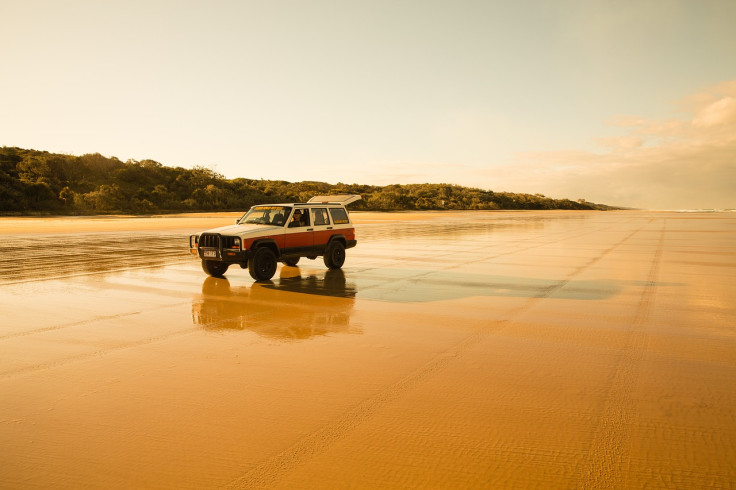
K'Gari, also known as Fraser Island, boasts stunning natural beauty off Queensland's coast, with sprawling beaches, lakes, and cliffs. However, it harbors dangers like venomous jellyfish, dingoes, and strong currents. Visitors are welcome but urged to exercise caution. The east side, frequented for the Maheno shipwreck, can be shark-infested, while swimming is safest at Champagne Pools. Secure food to deter dingoes and heed warning signs for a safe exploration of this adventurous tourist destination.
Farallon Islands, U.S.
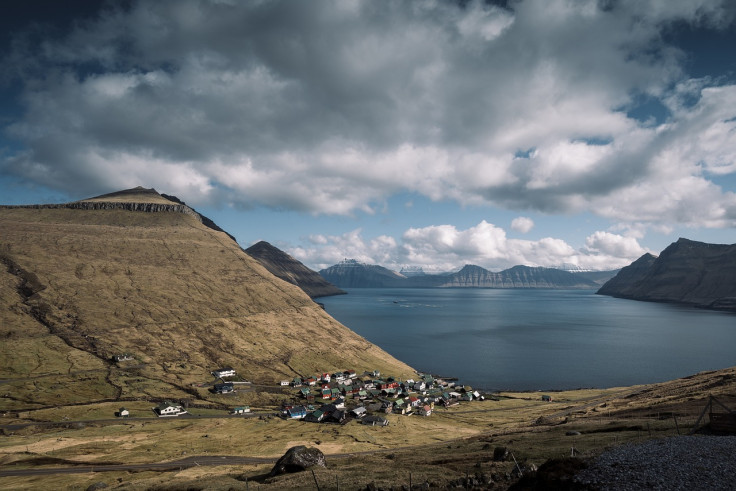
The Farallon Islands, visible from San Francisco, are shrouded in danger and mystery. Known for shipwrecks, radioactive waste dumping, and shark-infested waters, they're dubbed "Islands of the Dead" and "Devil's Teeth Islands." Despite this, the Farallon Islands National Wildlife Refuge offers a haven for marine life, with sea lions, dolphins, and seasonal whales. Guided boat tours by the Oceanic Society provide glimpses of this wildlife sanctuary, open from May to November, but access to the islands remains restricted.
Ilha da Queimada (Snake Island), Brazil

Ilha da Queimada, or Snake Island, off Brazil's coast, teems with 2,000 to 4,000 golden lancehead snakes, whose venom is lethal to humans. Public access is banned due to the extreme danger. Evolving in isolation, these snakes developed potent venom to prey on birds. Despite local legends, the snakes' presence is a result of the island's geological isolation. The island remains a critical habitat for this endangered species, off-limits to visitors.
Baffin Island, Canada
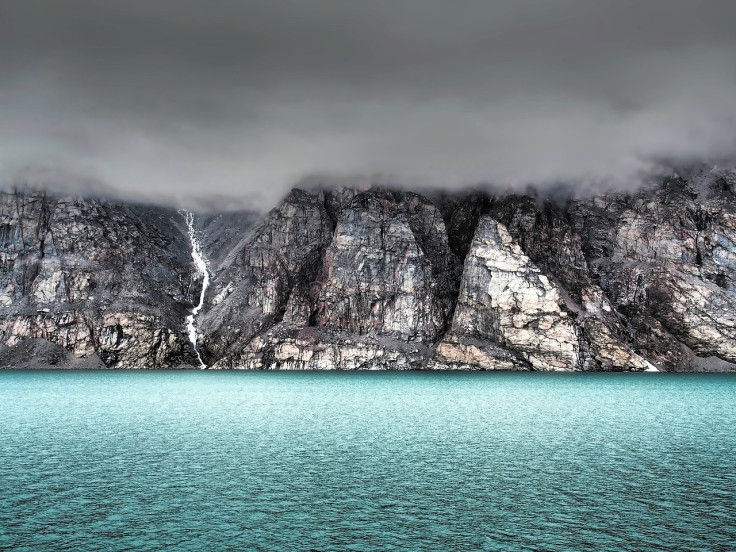
Baffin Island's breathtaking landscapes and rich cultural heritage come with inherent dangers that visitors must be mindful of. Its extreme Arctic climate presents challenges, with winter temperatures plummeting to -31 Fahrenheit, posing risks of frostbite and hypothermia. The island is also home to polar bears and Baffin Island wolves, adding wildlife-related hazards. Treacherous waterways with whitewater conditions and icebergs further heighten the peril, necessitating caution during exploration and outdoor activities. Despite these dangers, proper preparation and local guidance can ensure a safe and memorable visit to Baffin Island.
North Sentinel Island, Andaman Islands, India
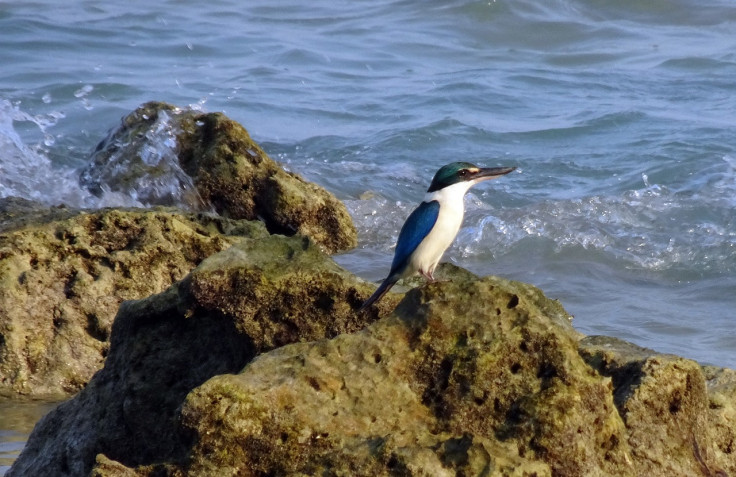
The Sentinelese tribe residing on North Sentinel Island fiercely defends their isolation, demonstrating hostility towards outsiders. They have a history of attacking intruders, with incidents of killing fishermen and missionaries who ventured onto their island. This isolationist stance likely stems from past negative encounters, such as the British kidnapping and subsequent illnesses among the Sentinelese in the 18th century. As a result, the Indian government prohibits visits to the island and any approach within a three-mile radius due to safety concerns.
Reunion Island, Indian Ocean
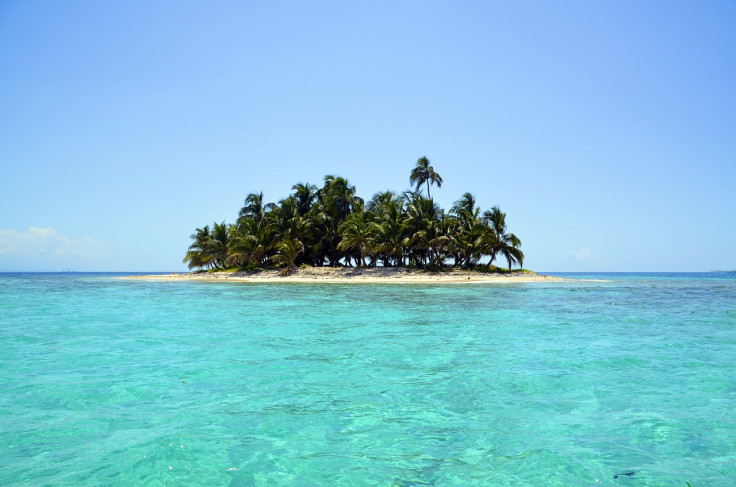
Reunion Island, situated in the Indian Ocean, boasts diverse natural environments and abundant wildlife, including numerous bird species and marine life. However, its shores are plagued by a significant danger: deadly sharks. The island is inhabited by various shark species, including bull sharks, tiger sharks, and blue sharks, among others. Tragically, between 2010 and 2017, nine tourists lost their lives in shark attacks. Consequently, swimming and surfing activities are strictly prohibited around the island to mitigate the risk of further incidents.
Skellig Michael, Ireland

Skellig Michael, situated off the southwest coast of Ireland, boasts a mesmerizing yet perilous landscape. Accessible via a challenging sea crossing, the island's ancient monastery atop winding stone steps poses risks with steep, unstable paths and abrupt weather changes. Despite its dangers, Skellig Michael is a renowned tourist destination, famed for its appearance in Star Wars films. Visitation is limited, requiring advanced booking with restricted access from May to September due to its UNESCO World Heritage Site status.
Dangerous destinations
In the end, these dangerous islands show us that paradise isn't always what it seems. Sure, they might have stunning scenery, but they also hide serious threats like deadly animals or volatile environments. Whether it's the fiery fury of active volcanoes, the stealthy danger of venomous creatures, or the scars of past conflicts, these islands teach us to tread carefully. They remind us that even in the most beautiful places, danger can be lurking just around the corner.
© Copyright IBTimes 2024. All rights reserved.






















